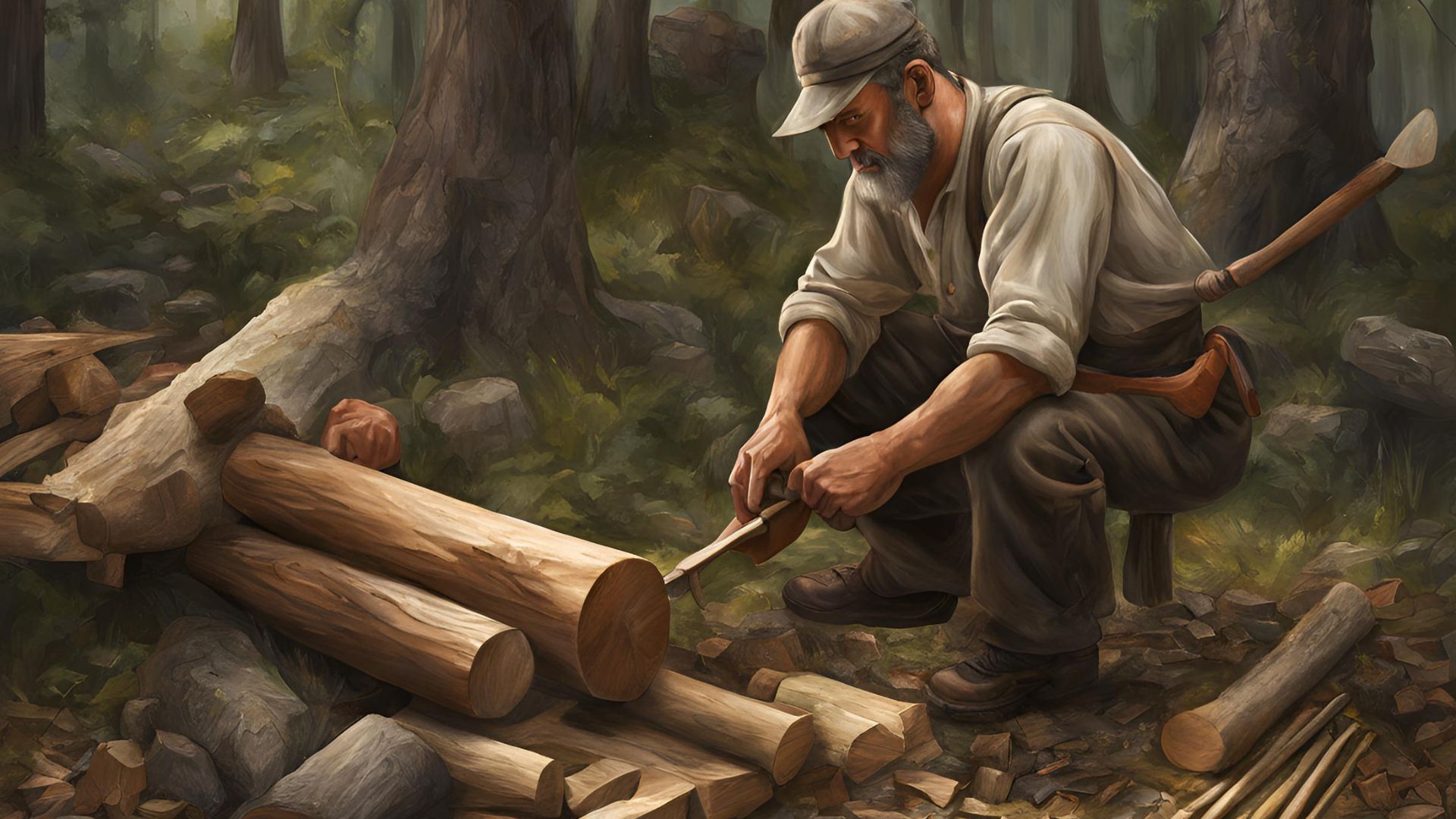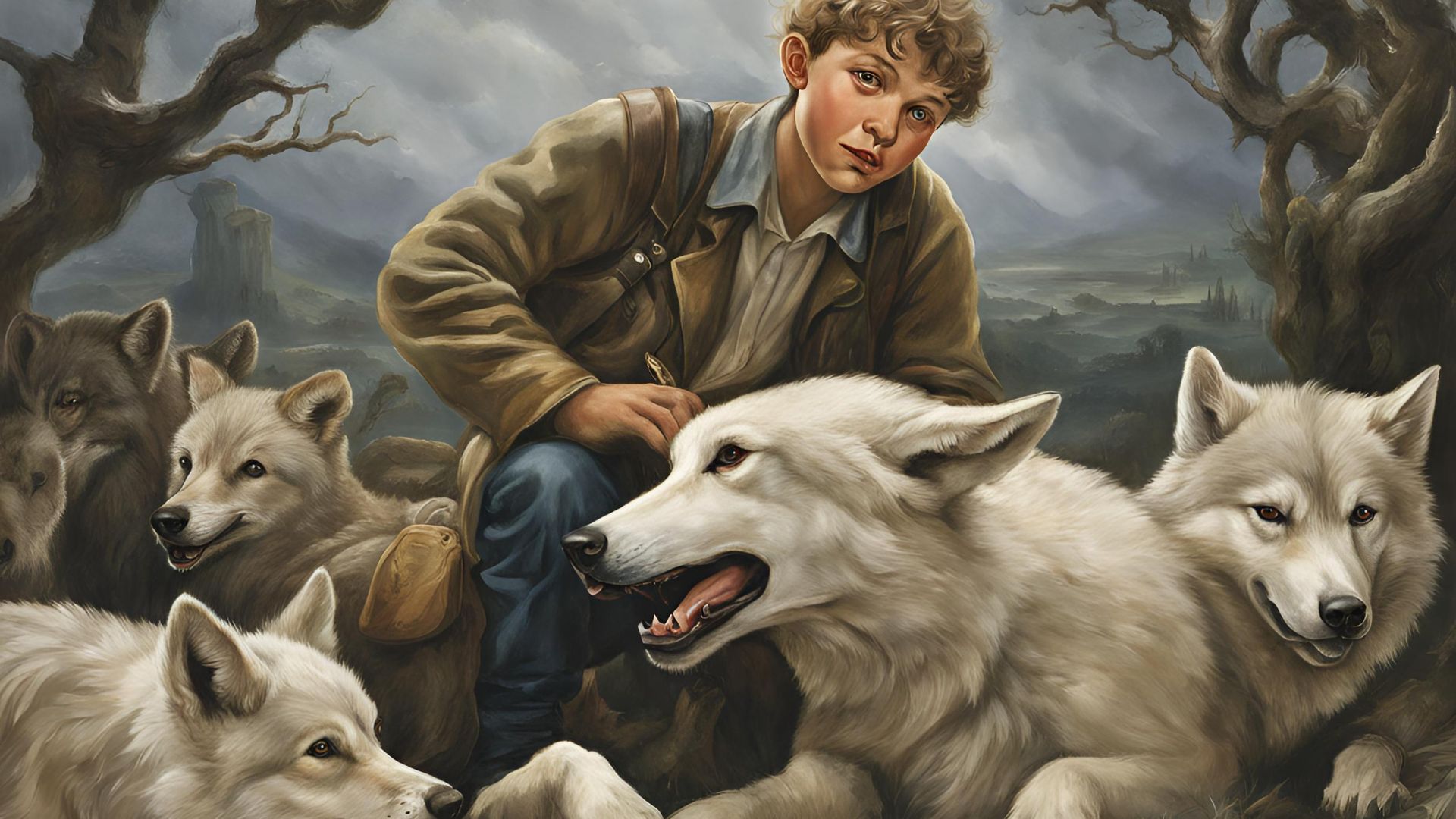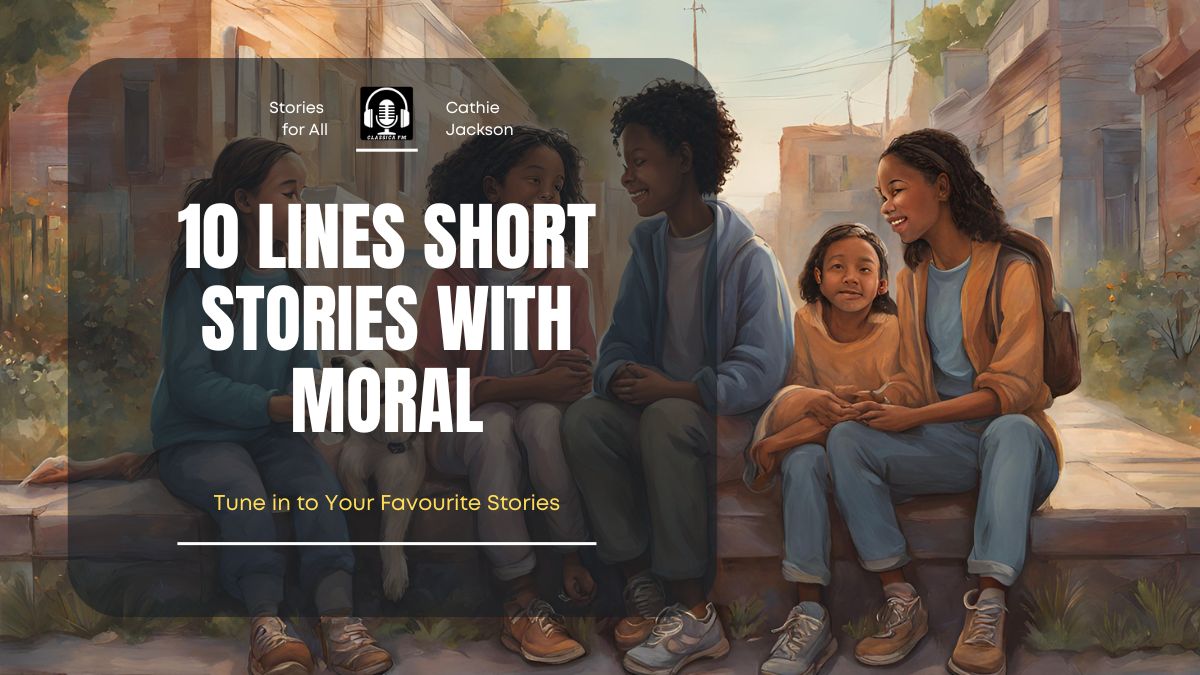Sometimes, the simplest stories leave the biggest impact. In just a few sentences, a story can make you stop, think, and see things differently. It doesn’t take a long book or a deep conversation—just the right words at the right time.
In this post, we’re sharing 10 lines short stories with moral, each ending with a lesson that sticks. These stories will make you reflect on kindness, honesty, patience, and the little things that truly matter. They’re quick to read but might just stay with you forever. So dive in, enjoy, and see which story speaks to you the most!
Why Short Stories Matter
Short stories may be small, but they have a big impact. They make us feel, think, and learn in just a few pages. But why do they matter so much? Let’s find out!
- Quick but Powerful – They deliver deep messages in just a few lines.
- Easy to Remember – Simple lessons stick with us longer.
- Makes You Think – A short story can change your perspective in seconds.
- Great for Busy Lives – You don’t need much time to learn something valuable.
- Emotional Impact – Even a few words can make you feel something deeply.
- Timeless Wisdom – They pass down important life lessons through generations.
- Encourage Reflection – They help you pause and think about what really matters.
- Inspire Action – A good story can motivate you to make positive changes.
- Universal Appeal – Anyone, anywhere, can relate to them.
- Pure Entertainment – They’re fun, engaging, and easy to enjoy anytime.
10 Short Stories with Moral Lessons
Short stories can teach big lessons! These 10 tales show the power of honesty, kindness, hard work, and wisdom. Get ready for stories that inspire and make you think!
1. The Honest Woodcutter

- A poor woodcutter chopped wood near a river.
- His axe slipped from his hand and fell into the water.
- He felt sad because he couldn’t afford a new one.
- Suddenly, a spirit appeared and offered to help.
- The spirit showed a golden axe and asked if it was his.
- The woodcutter honestly said no.
- The spirit then offered a silver axe, but he refused again.
- Finally, the spirit gave him his real axe.
- Impressed by his honesty, the spirit rewarded him with all three axes.
- The woodcutter was happy and grateful.
Moral: Honesty always brings rewards.
2. The Lion and the Mouse

- A mighty lion was sleeping peacefully in the jungle.
- A tiny mouse accidentally ran over him.
- The lion woke up and caught the mouse.
- The mouse begged for mercy and promised to help one day.
- Amused, the lion let the mouse go.
- Later, the lion got trapped in a hunter’s net.
- Hearing his roars, the mouse rushed to help.
- It gnawed through the ropes and set the lion free.
- The lion was grateful for the mouse’s kindness.
- He realized even small creatures can be helpful.
Moral: Kindness is never wasted.
3. The Boy Who Cried Wolf

- A shepherd boy looked after his sheep every day.
- He got bored and decided to play a prank.
- He ran to the village, shouting, “Wolf! Wolf!”
- The villagers rushed to help, but there was no wolf.
- The boy laughed at them for believing him.
- He repeated the trick many times.
- One day, a real wolf appeared.
- The boy screamed for help, but no one came.
- The wolf attacked the sheep, and the boy learned his lesson.
- He regretted his lies, but it was too late.
Moral: Lying destroys trust.
4. The Greedy Dog

- A hungry dog found a juicy bone.
- He happily carried it in his mouth.
- While crossing a bridge, he saw his reflection.
- He thought it was another dog with a bigger bone.
- Greedy, he opened his mouth to grab it.
- His bone fell into the river and disappeared.
- He watched in shock as the water washed it away.
- Now, he had nothing at all.
- His greed cost him everything.
- He walked away, feeling sad and foolish.
Moral: Greed leads to loss.
5. The Ant and the Grasshopper

- All summer, an ant worked hard collecting food.
- Nearby, a grasshopper played and enjoyed the sunshine.
- The ant warned him to store food for winter.
- The grasshopper laughed and ignored the warning.
- Winter came, and the ant had food and shelter.
- The grasshopper had nothing and was cold and hungry.
- He begged the ant for food, but the ant refused.
- The grasshopper regretted wasting time.
- He learned that hard work is important.
- He promised never to be lazy again.
Moral: Plan ahead and work hard.
6. The Elephant and the Friends

- A lonely elephant walked through the forest.
- He asked a monkey, a rabbit, and a frog to be friends.
- Each rejected him, saying he was too big.
- The elephant felt sad but kept searching.
- One day, a tiger attacked the smaller animals.
- The elephant bravely scared the tiger away.
- The animals realized their mistake.
- They thanked the elephant and accepted him as a friend.
- They learned that kindness matters more than size.
- The elephant was happy to finally have friends.
Moral: True friendship is about acceptance.
7. The Golden Egg

- A poor farmer had a goose that laid golden eggs.
- He sold the eggs and became rich.
- But his greed kept growing stronger.
- He thought the goose must be full of gold inside.
- Hoping to get all the gold at once, he killed the goose.
- Inside, he found nothing special—just a normal goose.
- Now, he had lost both the goose and the golden eggs.
- His greed left him with nothing.
- He regretted his foolishness, but it was too late.
- He learned that patience brings greater rewards.
Moral: Greed can ruin everything.
8. The Thirsty Crow

- A crow was flying in the hot sun, searching for water.
- It found a pot with a little water at the bottom.
- The crow tried to reach it but failed.
- It thought for a moment and had an idea.
- It picked up small pebbles and dropped them into the pot.
- Slowly, the water level rose higher.
- Soon, the crow could finally drink.
- Feeling refreshed, it flew away happily.
- Its intelligence had saved its life.
- It learned that thinking smart can solve problems.
Moral: Smart thinking solves problems.
9. The Ugly Duckling

- A little duckling looked different from its siblings.
- The other ducks made fun of him.
- Feeling lonely, he left to find where he belonged.
- He struggled through cold winter and sadness.
- Seasons passed, and he grew bigger and stronger.
- One day, he saw his reflection in the water.
- He had transformed into a beautiful swan.
- Now admired, he felt proud of who he was.
- He realized he was never ugly—just different.
- He finally found his place in the world.
Moral: True beauty takes time to shine.
10. The Wise Old Owl

- An owl sat silently on a tree branch every day.
- It watched everything around it carefully.
- Unlike other birds, it rarely spoke.
- It listened and observed, learning from the world.
- By saying less, it gained more wisdom.
- Other animals came to seek its advice.
- The owl proved that wisdom comes from patience.
- It knew that sometimes, silence is more powerful than words.
- The more we listen, the more we learn.
- It became respected for its wisdom.
Moral: Listening makes you wiser.
How to Use These Stories?
Stories are more than just words—they teach, inspire, and make us think. Want to know how to use them in daily life? Whether for learning, sharing, or just a quick lesson, these stories have something for everyone. Let’s explore how!
- Teach Important Values – These stories help kids learn about honesty, kindness, and hard work in a fun way.
- Make Bedtime Special – A short story with a lesson is a great way to end the day and spark imagination.
- Start Conversations – Ask kids, “What would you do?” to get them thinking about the moral of the story.
- Use Them in Classrooms – Teachers can make learning fun by using these stories to teach life lessons.
- Share with Friends and Family – These short tales are perfect for giving advice in a simple and relatable way.
- Turn Them into Fun Activities – Act them out, draw the scenes, or create your own version with a new twist.
- Find Motivation – Whenever you need a little encouragement, these stories can remind you of important lessons.
- Make Storytelling Time Fun – Read them aloud during family time or at gatherings for an engaging experience.
- Apply the Lessons Daily – Think about how these morals fit into real life and try to follow them.
- Pass Them On – Keep these classic stories alive by sharing them with younger generations!
Conclusion
Stories may be short, but their lessons last a lifetime. Each tale reminds us that kindness, honesty, and perseverance shape our lives. Even in just a few lines, we see how small choices can lead to big consequences. These morals guide us through challenges, helping us grow into better people.
Whether it’s a lesson about patience or the power of friendship, stories teach us what truly matters. Every word carries wisdom, waiting to be applied in real life. As we reflect on these tales, let’s take their messages to heart.
Life itself is a story—one we write with our actions. May we choose wisely, just like the characters in these stories. After all, the best lessons aren’t just read—they’re lived.
Mark Richards is the creative mind behind Classica FM, a podcast platform that brings stories, knowledge, and inspiration to listeners of all ages. With a passion for storytelling and a love for diverse topics, he curates engaging content—from kids’ tales to thought-provoking discussions for young adults.



